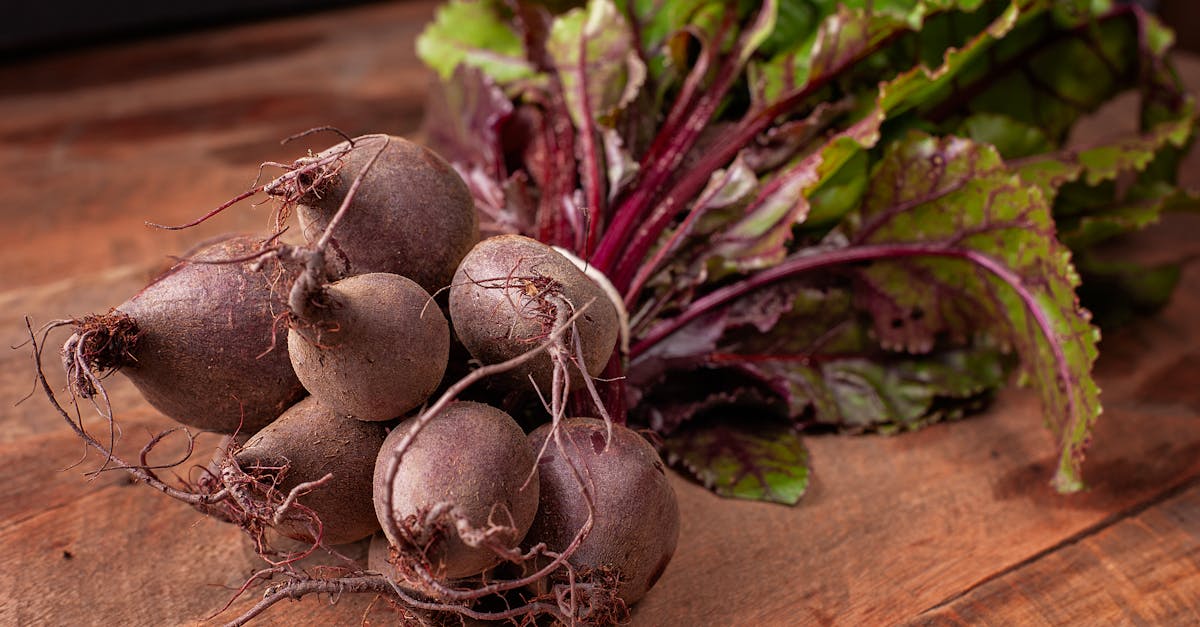Table of Contents
ToggleIn a world where stress runs rampant and conventional medicine sometimes feels like a game of whack-a-mole, the allure of alternative medicine is stronger than ever. Imagine diving deep into the mysteries of holistic healing, mastering techniques that not only soothe the body but also tickle the soul. A master’s in alternative medicine opens the door to a realm where ancient wisdom meets modern science, and where practitioners can transform lives—one herbal tea at a time.
But it’s not just about feeling good; it’s about knowing how to help others feel great too. Whether it’s acupuncture, herbal remedies, or energy healing, this degree equips individuals with the tools to make a real difference. So, if you’re ready to swap the stethoscope for some sage and embrace a path less traveled, a master’s in alternative medicine might just be your ticket to a fulfilling career that’s as rewarding as it is unique.
Overview Of Masters In Alternative Medicine
Masters in alternative medicine integrate traditional healing practices with contemporary health sciences. This degree caters to individuals passionate about holistic approaches to wellness and healthcare.
Definition And Scope
Masters in alternative medicine encompass various disciplines. Topics often include acupuncture, herbalism, homeopathy, and mind-body therapies. Programs typically cover both theoretical knowledge and practical application, ensuring graduates possess a well-rounded understanding of these modalities. Students engage in hands-on learning experiences, which may involve clinics or community outreach programs. This degree prepares individuals to address health concerns from a comprehensive perspective, considering physical, mental, and spiritual dimensions.
Importance In Modern Healthcare
Alternative medicine holds significant importance in modern healthcare. Many patients seek complementary therapies alongside conventional treatments. This increased interest drives demand for professionals skilled in integrating alternative approaches within traditional medical settings. Research indicates that patients report higher satisfaction and improved outcomes when combining both methods. As healthcare evolves, alternative medicine contributes to a more holistic model that emphasizes prevention, patient empowerment, and overall wellness. The recognition of its value by healthcare institutions positions graduates as vital assets in today’s health landscape.
Types Of Programs Available

Various programs exist for obtaining a master’s in alternative medicine, catering to diverse learning preferences and career goals.
Online Vs. On-Campus
Online programs offer flexibility, allowing students to balance their studies with personal commitments. They provide access to course materials anytime, anywhere, which can be ideal for working professionals. On-campus programs, in contrast, facilitate direct interaction with instructors and peers, enhancing networking opportunities. These programs often include hands-on training, crucial for mastering practical skills. Each format has its advantages, catering to different learning styles and lifestyle needs.
Specializations Offered
Specializations in a master’s program can enhance expertise in specific areas of alternative medicine. Popular options include acupuncture, where students learn needle techniques and meridian theory. Herbal medicine focuses on plant-based treatments, providing knowledge on medicinal properties and formulations. Homeopathy emphasizes individualized care using diluted substances, appealing to those interested in patient-centered practices. Additionally, mind-body therapies address the interconnectedness of mental and physical health, teaching techniques like yoga and meditation. Each specialization prepares graduates for tailored career paths in the growing field of alternative medicine.
Admissions Requirements And Process
Obtaining a master’s in alternative medicine requires meeting specific admissions criteria. Understanding these requirements helps applicants prepare effectively.
Educational Background
Most institutions require applicants to hold a bachelor’s degree in a relevant field like health sciences, biology, or psychology. Candidates with degrees in alternative medicine also qualify. Academic performance is crucial, with a minimum GPA of 3.0 often considered acceptable. Some programs might grant preference to those with prior coursework in anatomy, physiology, or holistic health practices. Relevant work experience, such as volunteering or internships in alternative medicine settings, strengthens an applicant’s profile.
Application Materials
Application packages typically include several essential documents. These often consist of official transcripts from all post-secondary institutions attended. A personal statement outlining the applicant’s goals and aspirations in alternative medicine is vital. Letters of recommendation from professors or professionals in the field add credibility. Some programs might also request standardized test scores, like the GRE, depending on their specific admissions criteria. Submitting a resume detailing relevant experience can further enhance an application.
Career Opportunities With A Masters In Alternative Medicine
Graduates with a master’s in alternative medicine find numerous career options that align with their expertise. Potential roles in this field capitalize on integrative techniques in healthcare.
Potential Job Titles
Practitioners may become licensed acupuncturists, offering treatment through needle therapy. Herbalists can specialize in creating natural remedies tailored to individual needs. Another option includes health coaches who focus on holistic lifestyle changes. Additionally, some graduates become holistic health practitioners, combining various disciplines. Others pursue careers as wellness consultants, advising organizations on employee health programs. Many find value as mind-body therapists, using techniques like guided imagery and meditation to promote mental well-being.
Work Settings
Graduates often work in diverse environments, including clinics that integrate conventional and alternative practices. They may join wellness centers focused on holistic health, emphasizing patient education and preventive care. Some take on roles in hospitals, collaborating with medical professionals to provide complementary therapies. Other practitioners may establish private practices, allowing for personalized care and treatment plans. Community health organizations also employ graduates to promote alternative therapies and educate the public. As alternative medicine grows, opportunities in research, academia, and product development are becoming more frequent.
Benefits Of Earning A Masters In Alternative Medicine
Earning a master’s in alternative medicine offers significant advantages for both personal growth and professional development. Graduates gain a deep understanding of diverse healing modalities and their applications in today’s healthcare environment.
Personal And Professional Growth
Enhanced personal growth occurs through the exploration of various holistic practices. It fosters critical thinking, encourages compassionate care, and develops communication skills necessary for client interactions. Graduate programs often emphasize self-care and mindfulness, benefitting practitioners and their clients. Skills acquired also prepare graduates for leadership roles within integrative health settings. A strong foundation in alternative medicine equips individuals with the knowledge to educate others, promoting awareness of holistic approaches in wellness.
Contribution To Holistic Health
Graduates contribute to holistic health by integrating alternative therapies within conventional medical frameworks. Their training enables effective collaboration with healthcare professionals, encouraging patient-centered care. Utilizing alternative methods can enhance recovery processes and patient satisfaction. By addressing the physical, emotional, and spiritual aspects of health, graduates support a comprehensive approach to well-being. This commitment to overall health meets the growing demand for integrative practices, positioning graduates as valuable resources in diverse health settings.
Pursuing a master’s in alternative medicine offers a unique opportunity to blend ancient healing traditions with modern health practices. Graduates emerge equipped to meet the growing demand for holistic care in today’s healthcare landscape. With diverse career paths and the ability to integrate alternative therapies into conventional settings, these professionals play a crucial role in fostering patient-centered care.
As awareness of holistic approaches continues to rise, the skills gained in these programs empower graduates to make a lasting impact on individual well-being. The journey through a master’s program not only enhances professional expertise but also nurtures personal growth, preparing individuals for leadership roles in integrative health. This field stands as a testament to the evolving nature of healthcare, emphasizing the importance of treating the whole person.



